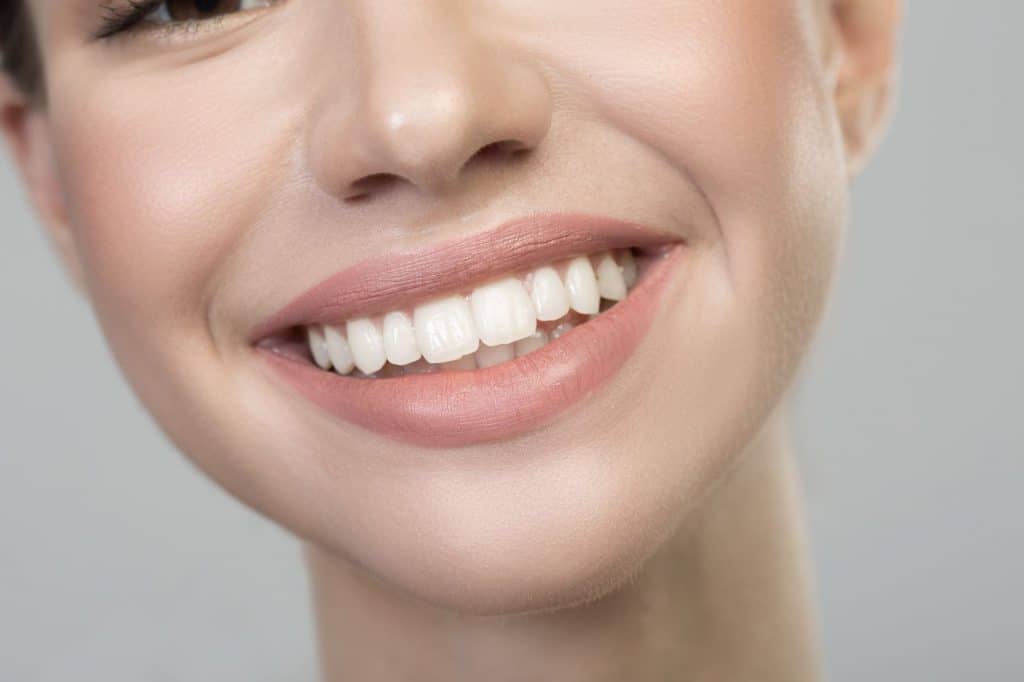
Good oral hygiene habits are necessary before, during, and after the procedure to reduce the risk of dental implant complications. Plaque buildup around the dental implant can cause bleeding gums, gum disease, bone loss, infection, and other issues that may hinder healing. In this article, Temecula Dental Implants Center shares some quick and easy tips that can make it easier to keep your smile healthy and beautiful over the years.
Brush Two Times A Day
If you have problems reaching certain areas, use a softer brush specifically for dental implants. It is recommended to use a brush with soft bristles to avoid harm while ongoing healing. Softer brushes are generally recommended for sensitive gums that easily bleed due to inadequate brushing or hard brushes. Dedicate five minutes of your day to your dental health and gently brush your teeth to secure a bacteria-free mouth where your implants can heal properly.
Floss Occasionally
If plaque is left behind or stuck between your teeth, floss can remove it. You should floss every day to remove food particles and plaque. You want to avoid damaging your teeth, implants, or gums, so make sure you do it with care. Flossing adds another layer of cleanliness when you are not sure a brush can remove all the plaque. Some dentists argue it is the only proper way to clean your teeth thoroughly and the optimal way to prevent future problems.
Avoid Abrasive Products
You need to take extra precautions after you’ve had dental implants put, and focus on using products for sensitive gums and teeth. It is best to use products that are not too abrasive since they may cause severe discomfort. In addition, you should avoid products with intense flavors, such as mint or cinnamon, as these tend to cause discomfort.
Care What You Eat
Hard foods can damage implants or teeth that reside next to the implant. To prevent damaged implants, eat soft and chewy foods. Avoid hard candy, chocolate, or caramel.
Alcohol And Cigarettes Are A No
The effects of smoking and drinking on dental implants can be felt in the initial six months as the implant heals but can also be felt as they age. It can adversely affect dental implants, reducing blood flow to the gums, teeth, and bones. Too much alcohol can also slow the recovery of dental implants.
Pay Your Dentist Regular Visits
Proper oral hygiene is the best way to avoid any dental problems and to make sure you are doing things right, you need to visit your dentist as often as possible. It is always better to find problems early and prevent them. A regular check-up can benefit your oral health and the implant itself. As long as they are adequately maintained, dental implants can last a lifetime. There is no time like the present to get started with proper dental care. During a checkup with your dentist, ask them how to maintain your dental implants and oral hygiene properly.
Maintaining your implants for many years to come will require good and regular care, and the more effort you put in, the better the results you will achieve.
Things To Avoid
Many unfortunate shortcuts can reduce the lifespan of your implant. Implants are made to withstand a lot of damage and provide a strong shield against wear and tear.
Avoid chewing on hard candy, hard ice, or bubblegum to protect your new implant from severe damage. A nightguard is recommended if you tend to grind your teeth while you sleep.